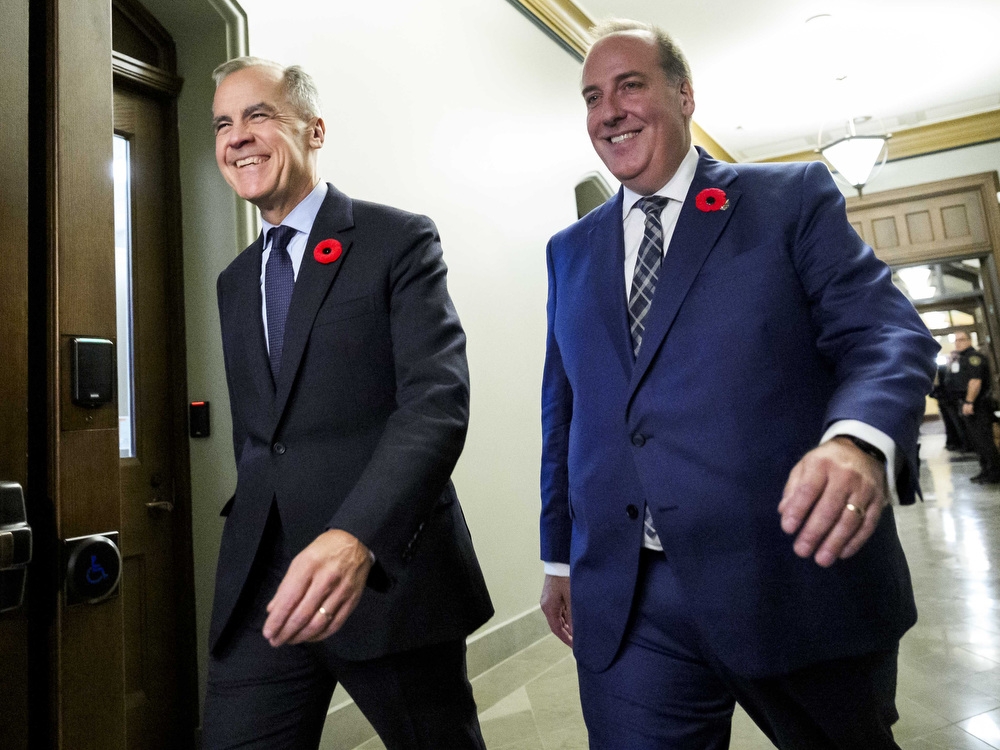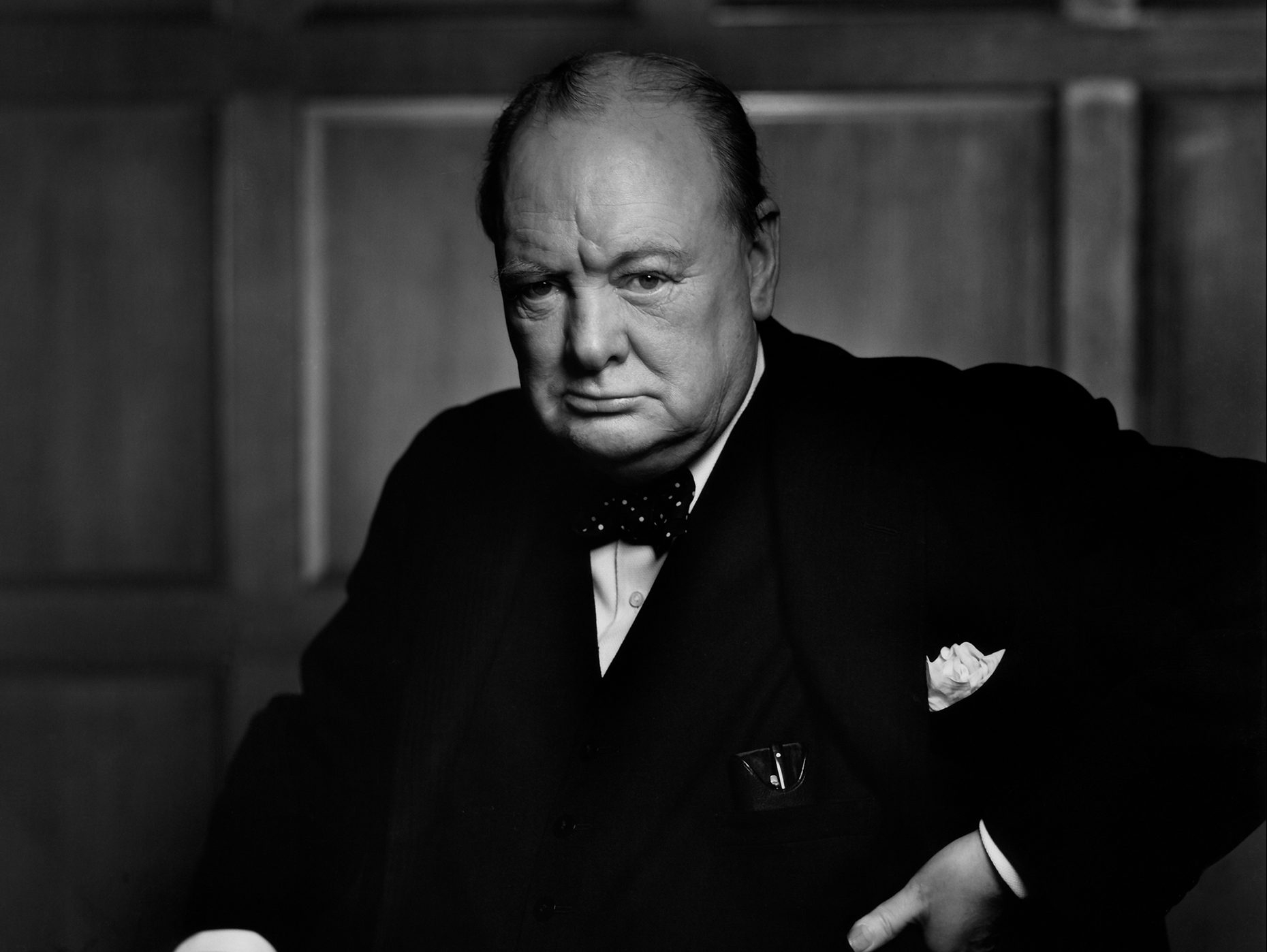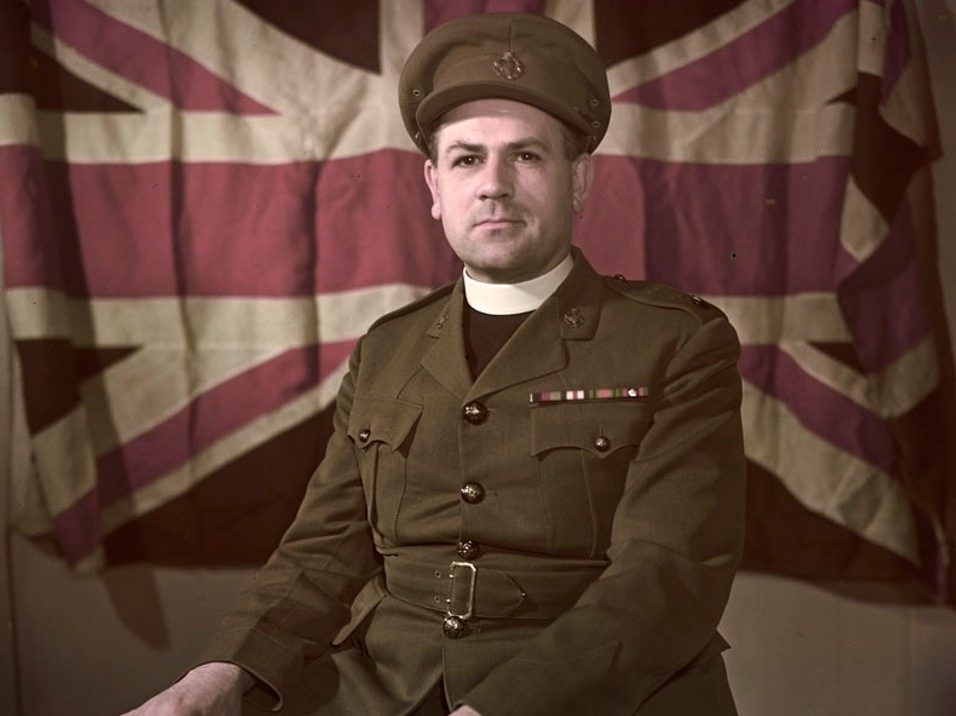The question of political loyalty is as old as democracy itself. Is it a betrayal to shift allegiances, or a demonstration of principle? To grapple with this, one must look to a figure who looms large over the 20th century: Winston Churchill.
Few remember that the man who rallied Britain against the Nazis once dramatically changed parties. In 1904, Churchill abandoned the Conservatives, driven by a fervent belief in free trade that clashed with his former colleagues’ growing protectionism. He physically walked across the floor of Parliament, a bold and controversial move.
The reaction was swift and brutal. He was branded a “traitor” and a “rat,” his former party declaring they had lost all confidence in him. Yet, this act of defiance ultimately led to a powerful position as a minister when the Liberals gained power. Churchill’s political journey wasn’t finished there, either; he would later return to the Conservative fold after a period of writing and painting.

This historical precedent feels remarkably current. Recent weeks in Ottawa have been dominated not by budgetary debates, but by a different kind of political shift: floor-crossing. The spectacle has ignited a debate about loyalty, principle, and the very nature of representation.
The catalyst was MP Chris d’Entremont’s decision to leave the Conservatives and join the Liberals. He cited a growing disconnect with the direction of the Conservative leader, expressing a desire to build up the country rather than tear it down. His move was met with enthusiastic welcomes from his new colleagues and accusations of betrayal from those he left behind.
Almost simultaneously, whispers began circulating about other Conservative MPs contemplating a similar leap. Edmonton MP Matt Jeneroux was rumored to be considering a switch, prompting speculation and, inevitably, intervention. The atmosphere in Ottawa, as always, was thick with intrigue.

Jeneroux ultimately resigned his seat, issuing a curiously defensive statement denying any coercion. The phrasing itself – explicitly stating that no pressure was applied – raised eyebrows and fueled suspicions. It echoed a familiar pattern: a veiled threat, an unspoken understanding, an offer that couldn’t be refused.
So, does this history of shifting allegiances, exemplified by Churchill and now playing out in Ottawa, legitimize the practice of floor-crossing? Is it a courageous act of conviction, or a cynical betrayal of those who elected you?
The reality is that most voters identify with a party first, and an individual MP second. They cast their ballots based on affiliation, often without knowing the specifics of their local representative. When an MP changes parties, they fundamentally alter the mandate given by those voters.
Therefore, a change of allegiance should trigger a new election. The voters deserve the opportunity to reaffirm or reject their representative’s new political direction. They are, after all, the ultimate arbiters of power, and even a figure as monumental as Winston Churchill would have to concede that point.





